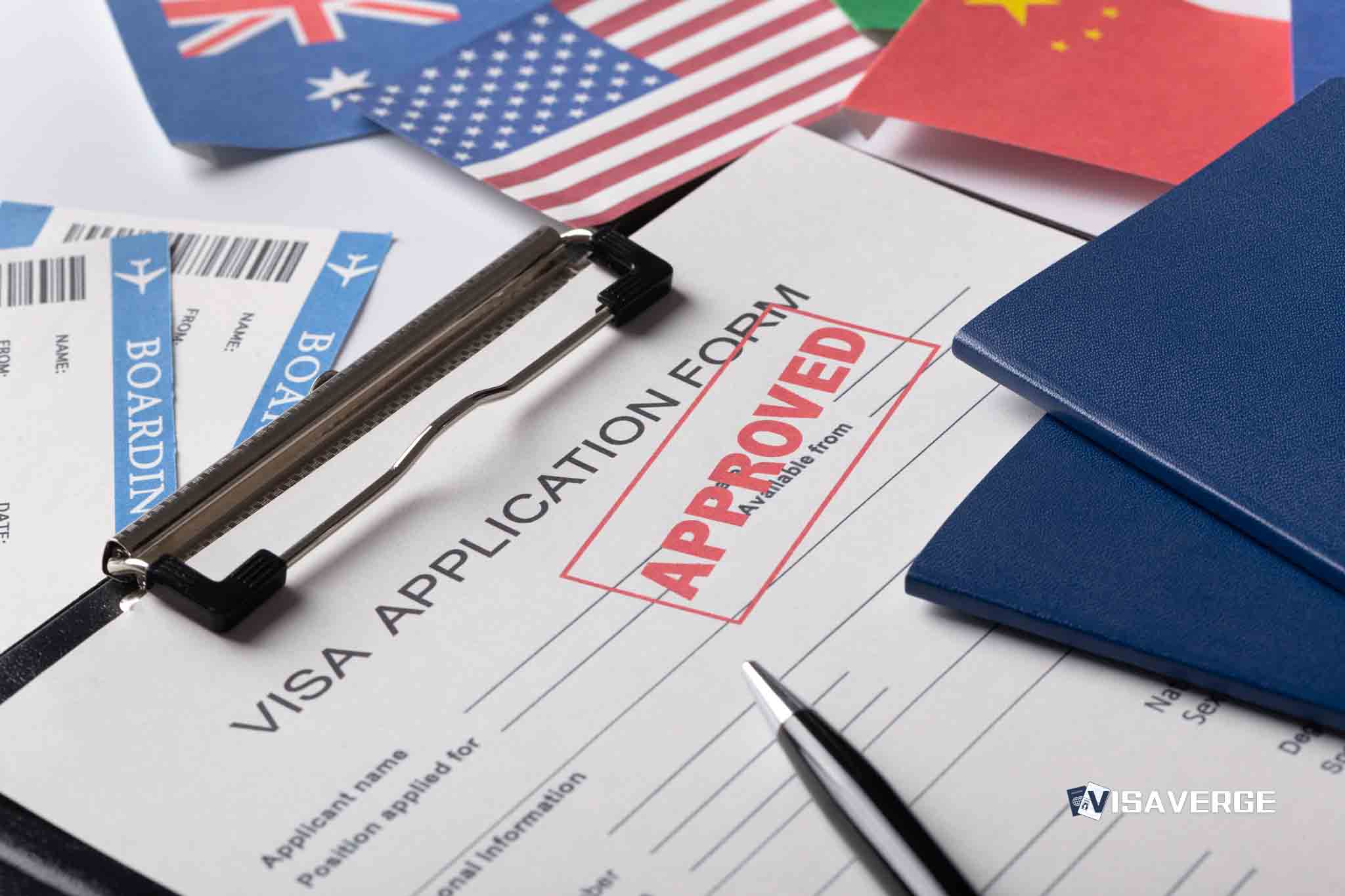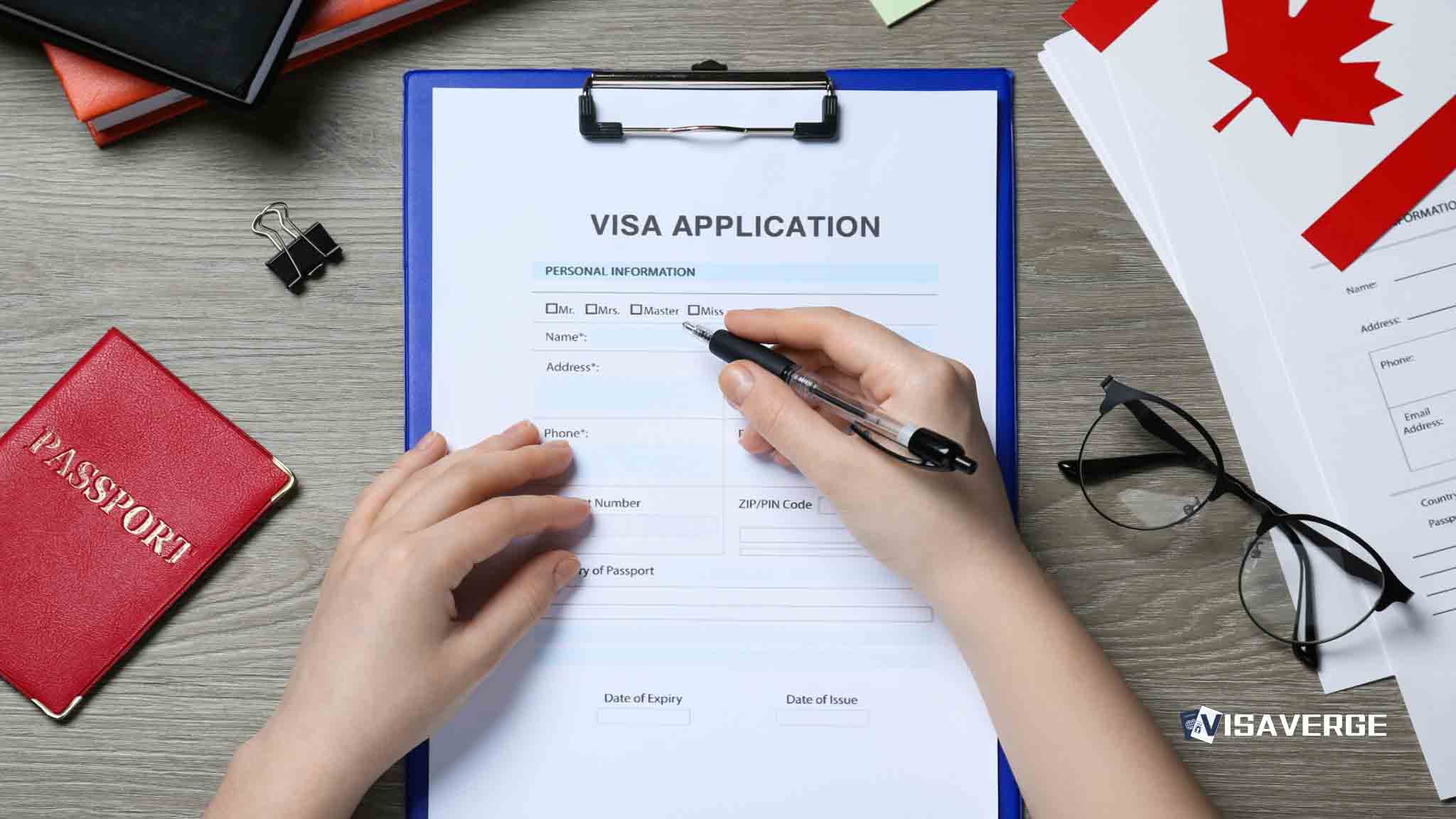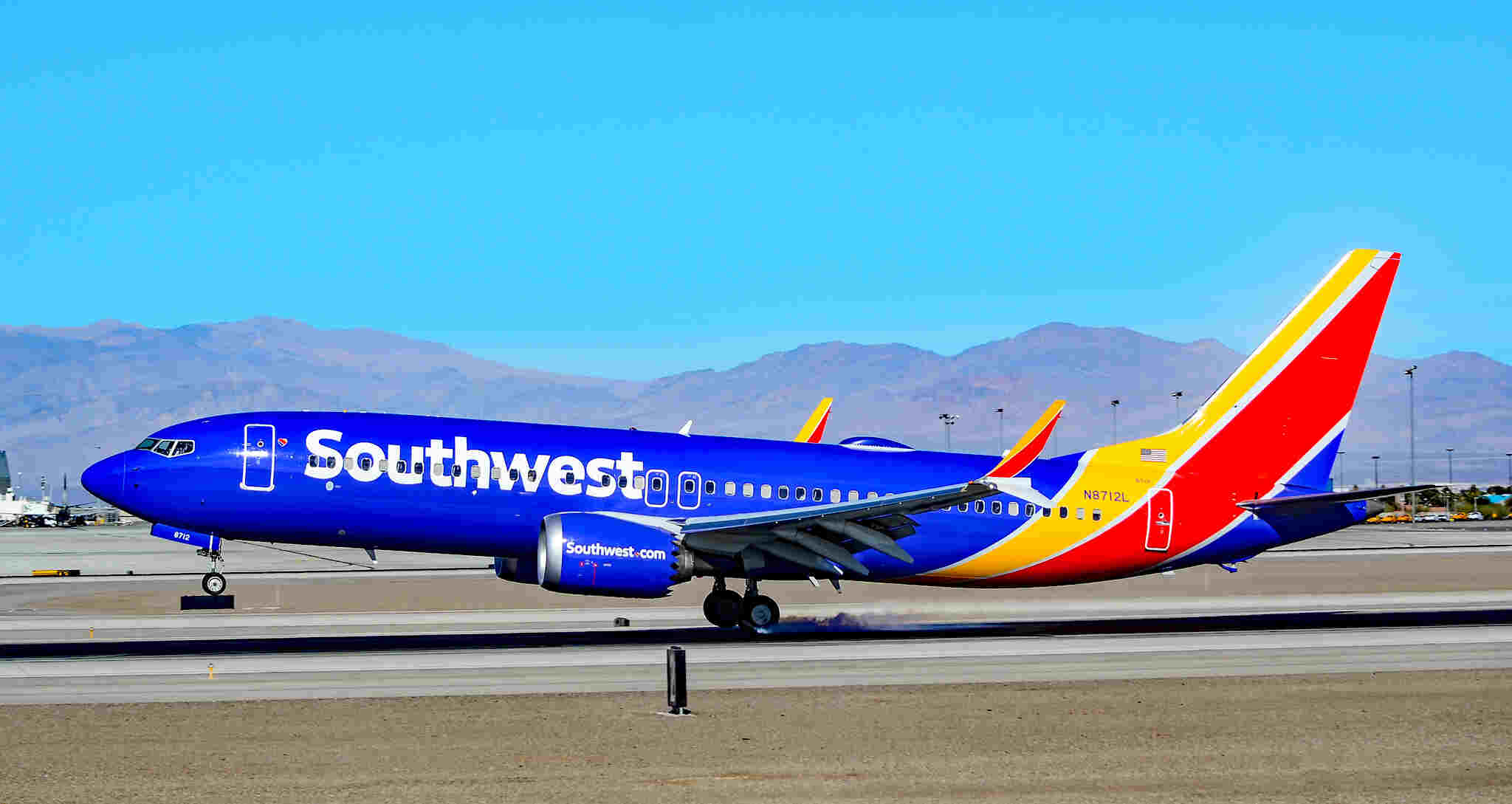(UNITED STATES) A Reddit post from September 19, 2025, describing an H‑1B visa approval after a consulate interview that lasted roughly 20 seconds has sparked wide interest—and caution. The account, shared by an applicant who said they worked remotely from India under STEM OPT with full employer support, portrays a process that can move quickly for strong cases while remaining strict in how officers check employment details and risk.
According to the post, the applicant arrived early—at 7:45 a.m. for an 8:15 appointment—and passed through tight security: no phones or bags, and documents carried in a clear folder. The consular officer asked four basic questions: company name, salary, employment status, and highest qualification. After the applicant placed four fingers on a scanner, the officer said, “Your visa is approved.” The total was about 20 seconds, the applicant wrote.

The same officer, however, reportedly spent far more time with people who described themselves as working in “client/vendor” setups rather than as full‑time, direct hires. In those cases, the officer “dug deep,” the post said, even searching online during the interview to verify the client or vendor. The applicant added that past years “felt a lot more chill,” noting they observed more denials in H‑1B, F‑1, and B1/B2 lines than they remembered seeing about five years ago.
What the 20‑second approval shows — and what it doesn’t
The story highlights how a consulate interview can be both quick and demanding.
- In some cases—especially when the job is a direct hire, documents are clear, and the company is established—officers may make fast decisions because the risk appears low.
- The four questions described are as basic as they come, and the quick move to fingerprints and approval suggests the officer saw enough in the system and in the answers to end the interview early.
It does not mean others should expect the same. Consular interviews sit on a wide spectrum.
- Factors such as third‑party placement, unclear job duties, a mismatch between answers and letters, or credibility gaps can lead to longer questioning.
- Officers can and do verify in real time; in this account, they allegedly checked online for client/vendor claims while the applicant stood at the window.
- Speed is possible, but it is not guaranteed.
The post also fits a broader pattern noticed in 2025: tighter checks and more denials across different categories, including H‑1B. Officers have always had broad discretion, but many travelers report a mix of faster approvals for straightforward cases and heavier probing where the employment path is complex or layered.
The bigger backdrop in 2025
Policy and practice this year reflect a tougher stance on compliance and documentation, with special attention on third‑party placements. Officers and agencies want clear proof of who controls the work, where it happens, and how the job meets the specialty‑occupation standard. Key takeaways:
- Efficiency for strong cases: When a candidate’s profile is clean—direct employment, consistent documents, clear pay and role—an H‑1B decision at the window may come fast.
- More scrutiny for client/vendor setups: Cases involving vendors or client sites draw deeper questions and checks. Officers may ask for contracts, work orders, or a direct chain of supervision.
- Higher stakes for documents: Small errors now carry bigger risk. If a letter, pay slip, or title does not match what the applicant says, follow‑up can be tough and quick.
- Increased denials across categories: Observers report more refusals for H‑1B, F‑1, and B1/B2 compared with five years ago, adding to the sense that screening is tighter and interviews more pointed.
For official rules and background on eligibility, readers can review the USCIS H‑1B overview, which explains core requirements such as specialty‑occupation standards and employer obligations. While consulates handle the visa interview, the underlying petition and job details still anchor the officer’s decision.
The anecdote also fits a practical truth about consular work: officers triage. If a case appears low‑risk and the answers match what’s on file, questions may stay short. If the job involves layers of contracting or remote placement with unclear control, officers may press for evidence. That is why a consulate interview can swing from 20 seconds to 20 minutes, depending on what the officer sees and hears.
Practical lessons for applicants
Applicants weighing what this means for their own H‑1B visa plans can draw several clear lessons from the account and from broader 2025 practice:
- Be clear about your job type.
- If you are a full‑time, direct employee, say so plainly.
- If you work through a vendor or at a client site, be ready with contracts, letters showing supervision, and proof of day‑to‑day control.
- Keep documents tight and consistent.
- Bring offer/employment letters, recent pay slips, an organizational chart if available, and a task summary that matches the petitioned role.
- Any mismatch can trigger extra questions.
- Answer quickly and honestly.
- The officer may ask just a few core questions—company name, salary, employment status, degree. Short, direct answers can help the process move.
- Expect variability.
- Some interviews feel seamless; others become detailed checks. The same consular post can look different day to day based on staffing, volume, and the mix of cases.
According to analysis by VisaVerge.com, the 2025 environment places a premium on program integrity. Simpler cases may be approved fast, but layers of contracting or unclear job control draw more attention at the window. That balance—speed for low risk, depth for higher risk—matches the Reddit account’s split between direct hires and client/vendor paths.
The source material also references policy debates this year, including moves toward tighter oversight of third‑party placements and stronger checks on employer‑employee control. It notes an uptick in real‑time verification by consular staff, as applicants witnessed officers looking up client or vendor names during interviews.
Preparing for an interview this fall/winter
Applicants planning a consulate interview can use simple steps to prepare, based on the account and current practice:
- Pack light and follow security rules.
- Expect no phones and no bags; carry papers in a clear folder.
- Practice key facts out loud:
- Employer name, title, salary, work location, degree, and whether you are a direct employee or working through a vendor/client.
- Bring proof of ongoing employment and pay:
- Recent pay slips and a current letter can help if asked.
- If in a client/vendor path, carry contracts and letters showing supervision and day‑to‑day control.
- Be ready to point to the documents quickly.
- Keep calm if the officer looks up your employer or client online.
- That check is part of 2025 practice and may resolve questions quickly.
Important: The Reddit account is a single data point and cannot predict any one case’s outcome. It does, however, illustrate how an H‑1B decision can be made at the window in very little time when the officer sees a low‑risk profile—and how the process may lengthen when third‑party work or documentation gaps raise questions.
What happens over the next months will matter to thousands of workers, families, and employers. The core lesson is straightforward: strong, consistent paperwork and clear answers give you the best shot—whether your interview lasts 20 seconds or several minutes. For employers, especially those that use vendors or place staff at client sites, clear chains of supervision and proof of control are essential evidence at today’s consular window.
This Article in a Nutshell
A Reddit account from September 19, 2025 described an H-1B visa approved after a roughly 20-second consulate interview for a STEM OPT applicant working remotely from India. The officer asked four concise questions—company name, salary, employment status, and highest qualification—then approved following fingerprinting. The post highlights a split in 2025 consular practice: quick approvals for clean direct-hire cases and increased scrutiny for third-party client/vendor arrangements, where officers may verify contracts and search online during interviews. Overall trends include tighter documentation checks, higher denial rates across H-1B, F-1, and B1/B2 categories, and emphasis on employer control and program integrity. Applicants should bring consistent paperwork, prepare concise answers, and have contracts or supervision proof if placed through vendors. For policy context, the USCIS H-1B overview explains core requirements and employer obligations.













